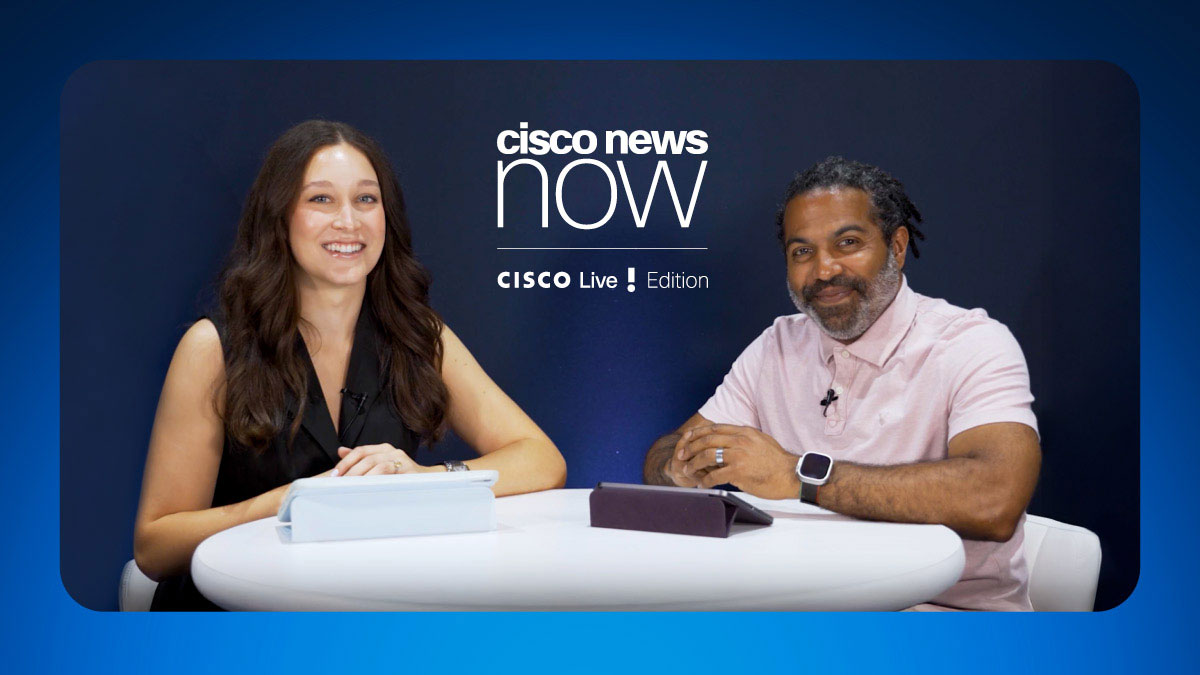Price Cuts on Earlier Line Mean First Full-Function Router Under $4,000
MENLO PARK, Calif., Aug. 3, 1992 -- Cisco Systems has inaugurated a new router platform with the Cisco 3000, a three- member family of fixed-configuration, multiport devices offering standard Flash EPROM memory for easy updating and increased memory expandability to accommodate network growth.
The new routers complement Cisco's three IGS models, low-end units with limited memory expansion and no Flash memory, which the firm has price-reduced by 20 percent to offer the industry's first full-function multiprotocol router/bridge at under $4,000.
The Cisco 3000 will also provide the platform that enables Cisco to support Integrated Services Digital Network technology. Future versions of the Cisco 3000 will incorporate an ISDN Basic Rate Interface (BRI) into the router chassis, in fulfillment of Phase III of Cisco's four-phase circuit-switching data communications strategy.
Three Configurations for Internetworking Flexibility
The Cisco 3000 series offers complete multiprotocol routing and bridging in three configurations. A version with two Ethernet ports, for local LAN-to-LAN connectivity, is priced at $5,495. Aversion with one Ethernet and one synchronous serial port, for connecting to a LAN at a distant site, is priced at $5,795. And aversion with one Token Ring and one serial port, for remote Token Ringinternetworking, is priced at $6,995. (All prices are U.S. list.)The new models are the first low-end routers in the industry to use Flash memory, and the first Cisco routers to include Flash as a standard feature rather than an option. Flash EPROMs -- electrically erasable, programmable read-only memories -- allow faster and more reliable router software updating, maintenance and servicing than the traditional methods of PROM replacement or booting from local floppy disks.
David Gudmundson, Cisco product manager, said the incorporation of Flash as a standard feature in the Cisco 3000 series was driven by "our expectation that hundreds of these small, cost-effective routers will be dispersed throughout enterprise networks. Managers of large internetworks don't have the time to replace PROMs in every unit, and they don't want to deal with the reliability problems associated with floppy disks. Flash memory not only addresses these issues, but helps provide the security critical to a growing number of networks."
In addition, Cisco 3000 series memory can be expanded from the standard 4 MB of DRAM to 16 MB (maximum expansion on the older IGS series is 4 MB). "The 3000 is capable of supporting future growth in the complexity of routing technologies in large- scale internetworks," Gudmundson said.
The Cisco 3000 serial port supports speeds up to 4 Mbps and access to wide-area network services such as dedicated T1/E1 facilities, packet-switched networks (X.25, frame relay, SMDS) and circuit-switched networks.
The Cisco 3000 uses the same multiprotocol routing and bridging software that is standard across all Cisco products. The Token Ring version uses Cisco's implementation of IBM source- route bridging (SRB) for non-routable protocols (e.g., NETBIOS for PCs or SNA for larger systems), with SRB packets encapsulated in IP packets; a virtual ring feature eliminates the SRB protocol's normal seven-hop limit.
All three Cisco 3000 models are based on a 20-MHz MC68030 processor, achieving approximately 25 percent greater performance than the 16-MHz MC68020 used in two of the three IGS models (the IGS Token Ring version also uses the MC68030). The units are housed in a compact chassis measuring 13 x 14 x 4 inches.
IGS Routers: When Price is the Chief Concern
In conjunction with the Cisco 3000 introduction, Cisco has lowered by some 20 percent the prices of its earlier IGS low-end series. The two-Ethernet version has been reduced from $4,995 to $3,995;the Ethernet/serial version from $5,495 to $4,295; and the TokenRing/serial version from $6,995 to $5,495 (U.S. list)."After shipping the IGS products for nearly two years," Gudmundson said, "we have realized savings due to declining component costs and our refining of the manufacturing process. The reductions enable Cisco to offer the industry's first under-$4,000 full-function router/bridge, supporting all the protocols of our largest system. This move creates a product line for those user sites where strict price sensitivity is the primary concern."
Offering the most comprehensive protocol support in the industry, Cisco products support routing for over 15 protocols, including OSI,TCP/IP,DECnet,XNS, IPX,VINES, AppleTalk and SDLC; optional bridging support for X.25, DDN X.25, and frame relay; and optional protocol translation for TCP/IP, DECnet and LAT. Cisco routers also support the RIP, OSPF and IGRP routing protocols and standard SNMP-based network management.
Pricing/Availability
Cisco 3000 routers will be available beginning in October. IGS pricereductions are effective immediately.Cisco 3000 Series 2 Ethernet ports $5,495 1 Ethernet/1 serial port $5,795 1 Token Ring/1 serial port $6,995IGS Series Original Price New U.S. List Price---------------------------------------------------------------------- 2 Ethernet ports $4,995 $3,995 1 Ethernet/1 serial port $5,495 $4,295 1 Token Ring/1 serial port $6,995 $5,495Cisco Systems, Inc., is the leading global supplier of high- performance, multimedia and multiprotocol internetworking products, including routers, bridges, communication servers and router management software. Cisco technology can be used to build enterprise-wide networks linking an unlimited number of geographically dispersed LANs. Cisco is publicly traded over-the-counter under the NASDAQ symbol CSCO.



